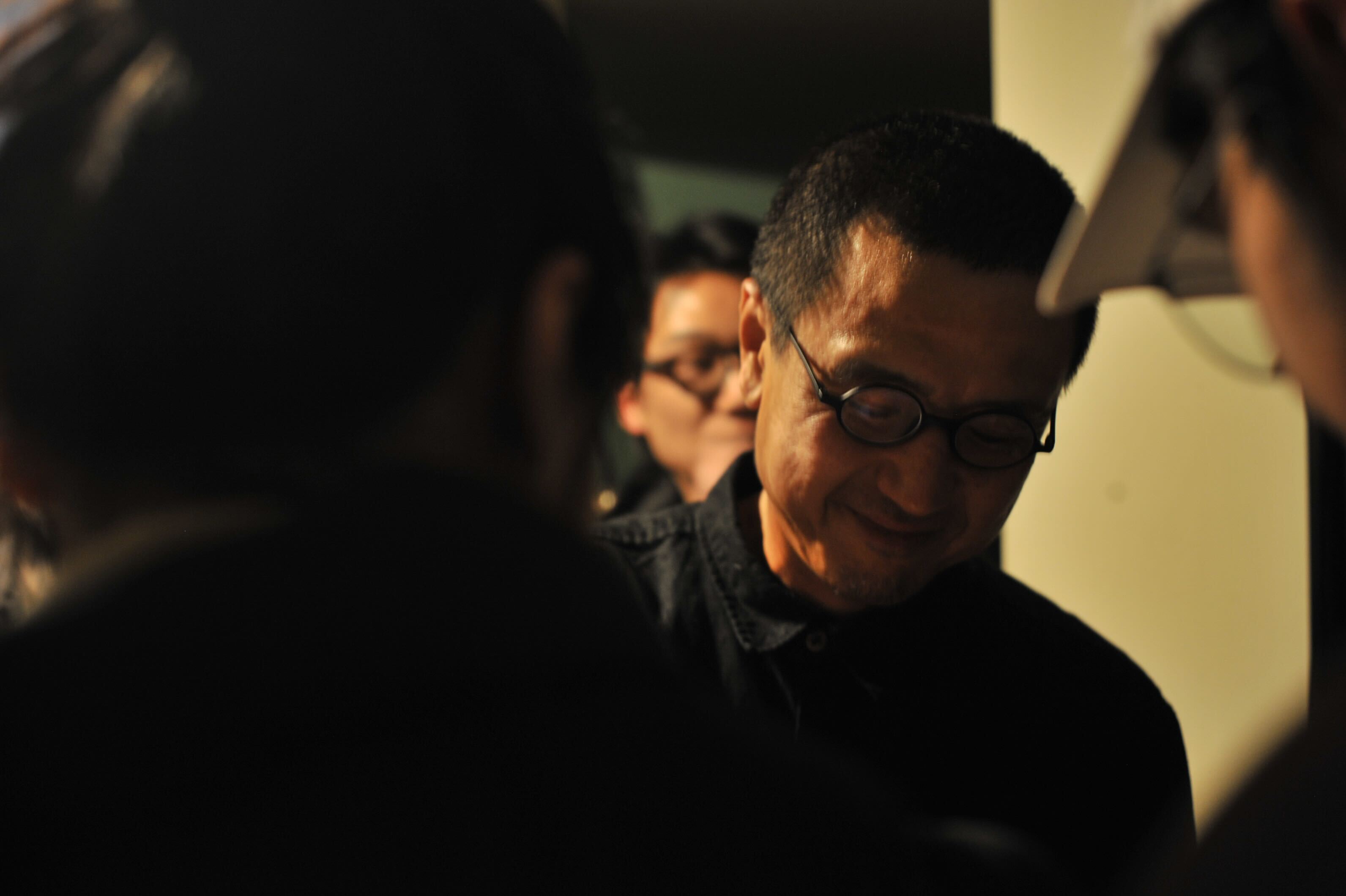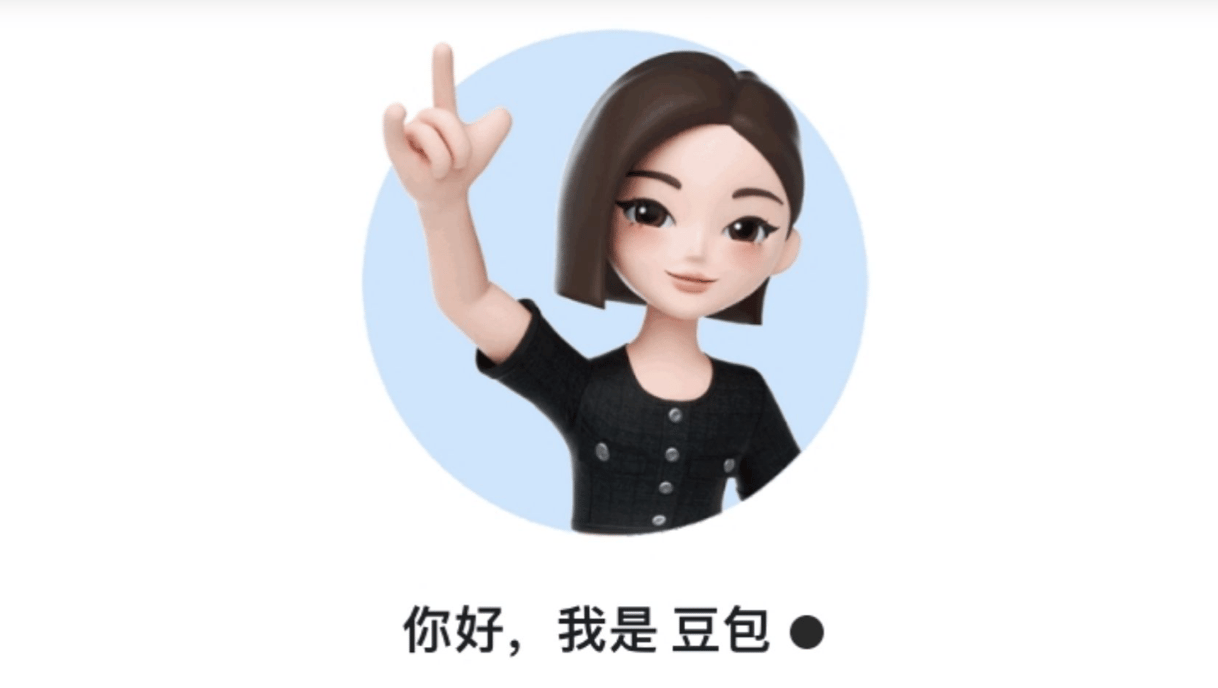Level Up! is a regular series exploring Chinese youth’s passion for video games and digital entertainment.
The video game you have been waiting for so long was finally released. You cozy up on the couch for an hours-long immersion in another universe, and… the dialogue makes no sense whatsoever.
Scenes like this are not unheard of if you are a Chinese gamer, and hilarious mistranslations of dialogue in foreign video games often make the rounds on Chinese social media.
For example, in 2019, the name of the warship ‘La Terrible’ in World of Warships was translated as ‘shock my mom’ or ‘vibrate my mom,’ and it became so famous it now has its own Baidu Encyclopedia page.
Fansubbing communities (字幕组, zimuzu in Mandarin) have long served the purpose of avoiding such awkward mistakes. Although they primarily operate on a voluntary basis, their translations are often preferred by gamers to the official ones.

The poorly translated warship in ‘World of Warships.’ Image via Baidu Encyclopedia
For years, fansubbers have filled the gap between the demand for foreign video games and movies and the limited availability of such entertainment in China.
In light of tightening regulations on the gaming industry and recent crackdowns on popular subtitle groups, the community has been reduced to just a few crews of dedicated people, mainly translating indie games.
Following the crackdowns, official translations provided by companies have become the norm, although they still fail to meet most gamers’ expectations.
The Fansubber Ethos
In the early days of fansubbing, netizens would crack a video game’s software, translate the title’s text and dialogue and then distribute pirated copies. In recent years, however, it is more common for fansubbers to build wikis gamers can consult as they play the non-translated game.
Hailing from southern Guangdong province, Kunako is a Japanese culture enthusiast and has led several fansubbing groups in the past few years.
“I grew up watching all sorts of Japanese anime translated by fansubs communities,” she tells RADII, explaining how her love for Japanese animation and video games pushed her to self-study Japanese. “By the time I was in high school, I already knew some Japanese, and I started taking part in fansubbing communities.”

Image via Fredrick Tendong/Unsplash
Like Kunako, the majority of fansubbers are high school or university students, with more free time on their hands than the average exhausted worker.
Now Kunako is in her 20s and lives in Tokyo, where she is pursuing a degree in Japanese studies. She is still active in organizing fansub groups to localize Japanese video games, a process that, according to her, is highly collaborative and requires up to 20 members.
Translating, proofreading, and polishing are only some of the tasks involved in the localization process. Once the group leaders agree on a title to localize, the online recruitment of translators begins.

A sample translation provided by the fansubbing group Kunako managed. The Chinese text is shown above the original Japanese text. Image courtesy of Kunako
Taking place on specialized forums that are hard to navigate for anyone who is not an avid gamer, recruiting translators depends on the popularity of a video game.
They work long hours translating, proofreading, and coordinating a team of individuals scattered around China and get absolutely no money in return. What for? The joy of sharing their favorite video games with fellow players in China.
In fact, Kunako explains fansubbers are moved by passion instead of profit: “They are not looking for money or exposure. What motivates them is the desire to share something they are passionate about with those who don’t speak the language.”
From Piracy to Cooperation
According to a research paper by Zheng Hanyu on non-authorized video game localization, in the bustling 2000s, netizens started organizing to crack, translate, and distribute localized versions of foreign video games and movies.
GX, who asked to remain anonymous, is a former fansubber and presently works as a gaming editor for foreign newspapers. After feeling sorry for many gamers who couldn’t play popular international games, he began engaging in fansubbing. Although his English was far from perfect, he decided to help however he could.
According to GX, the breathing space of fansubbing communities has shrunk significantly over the past decade. Many groups have dissolved or were incorporated by big companies, and laws on copyright infringement have been implemented more strictly.
As China has stepped up its control over piracy, some die-hard members of the fansubbing community have shifted from working independently of game developers to working with them.

A sample translation provided by the fansubbing group Kunako managed. Image courtesy of Kunako
One of the most significant projects Kunako supervised in recent years is the localization of Merc Storia, a successful RPG mobile game entirely in Japanese developed by Tokyo-based Happy Elements and released in Japan in 2014.
“A friend and I were already helping the Chinese branch of Happy Elements with the proofreading before, but it was after the Chinese server of the game was shut down in 2017 that we established the fansubbing group,” says Kunako.
Kunako and her friend obtained the translation rights from the developer, put together a group of 20 volunteers, and published the Chinese translation on a free wiki website for players to consult.
Besides organizing fansubbing groups for specific games, Kunako also works individually, providing feedback and proofreading video games she likes playing.
Similar collaboration models are also frequent in manga and anime, which enjoy massive popularity in China. According to Kunako, independent foreign creators who lack the budget for official translators often rely on fansubbers to translate their products into Chinese.
The Pitfalls of Official Translations
Yang Fei, 35, has been a fervent gamer for over a decade and has experienced firsthand the shift from fansubbing to official translations.
“When I was a kid, all the games I played were translated by fansubbing communities,” he tells RADII, adding, “Now the good thing about official translations is that they are available upon release, but the quality can vary greatly. It depends on the importance companies attach to the Chinese market.”
According to GX, the domestic game industry has developed dramatically in the past few years, especially in the field of mobile games, but it still lags in terms of PC games and console games. He tells RADII:
“Many gamers prefer single-player games or non-internet-based games, and since China is not producing many of those, they can only rely on foreign games.”
Yang agrees: “Each year, the number of quality domestic games doesn’t exceed five or six. It is clearly not enough.”
While a set quota of foreign movies is allowed to be screened in the country each year, there is no such regulation for foreign game releases.
This often means only a few or no foreign games are released in the country. And while authorities lifted the eight-month freeze on new games last April with the release of 45 new titles, all of them were produced by Chinese companies. At the same time, domestic developers are looking to follow the success of trailblazing Genshin Impact and focus on exporting Chinese games abroad.
Regardless of the shifting industry trends, gamers like Yang remain hopeful for better localization in the future: “As an ordinary player, all I can do is spend my money and support quality games. Our cultural environment is not the same, so we must strengthen the cooperation between local and foreign companies.”
Cover image designed by Zhuohan Shao





















